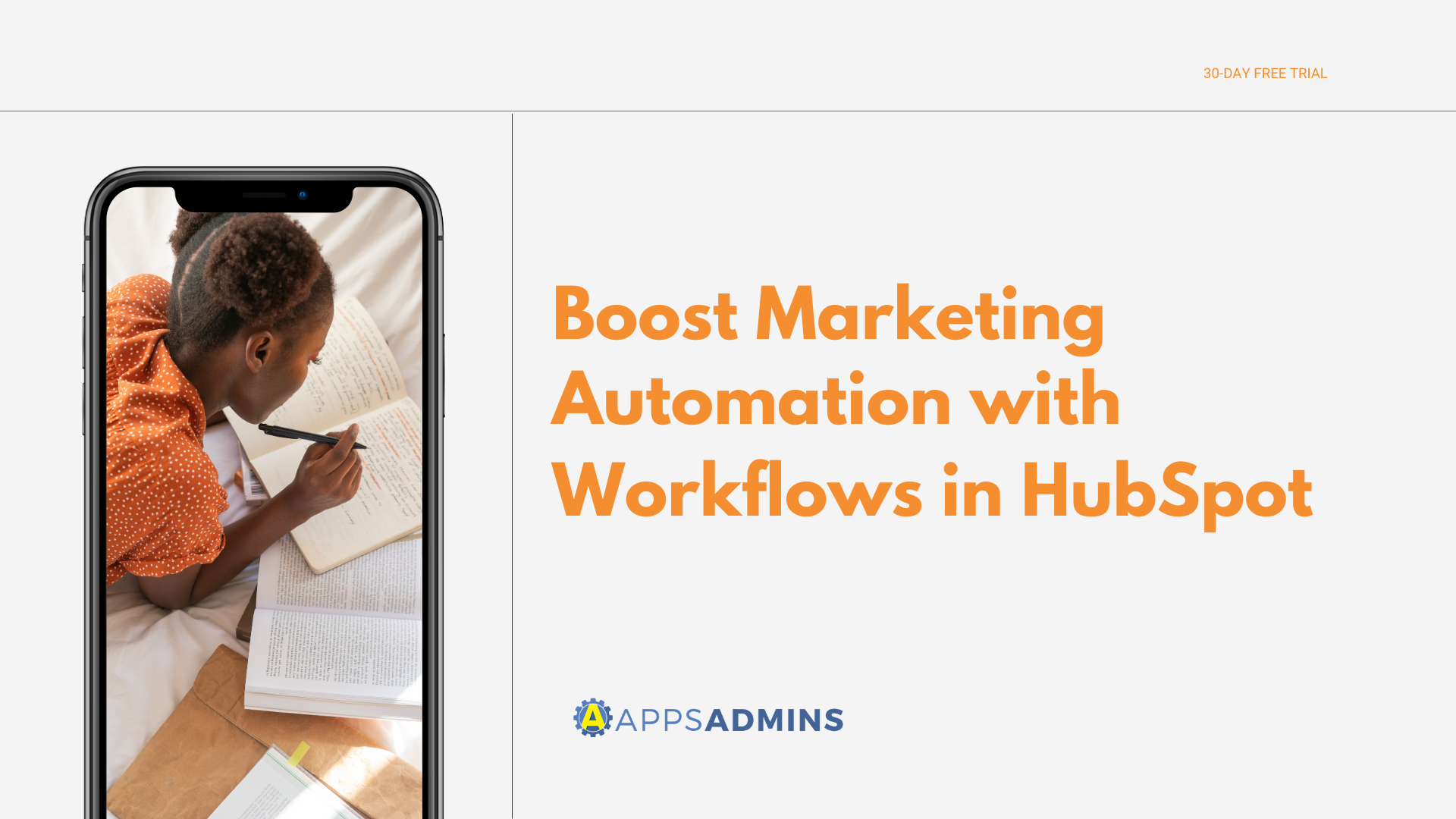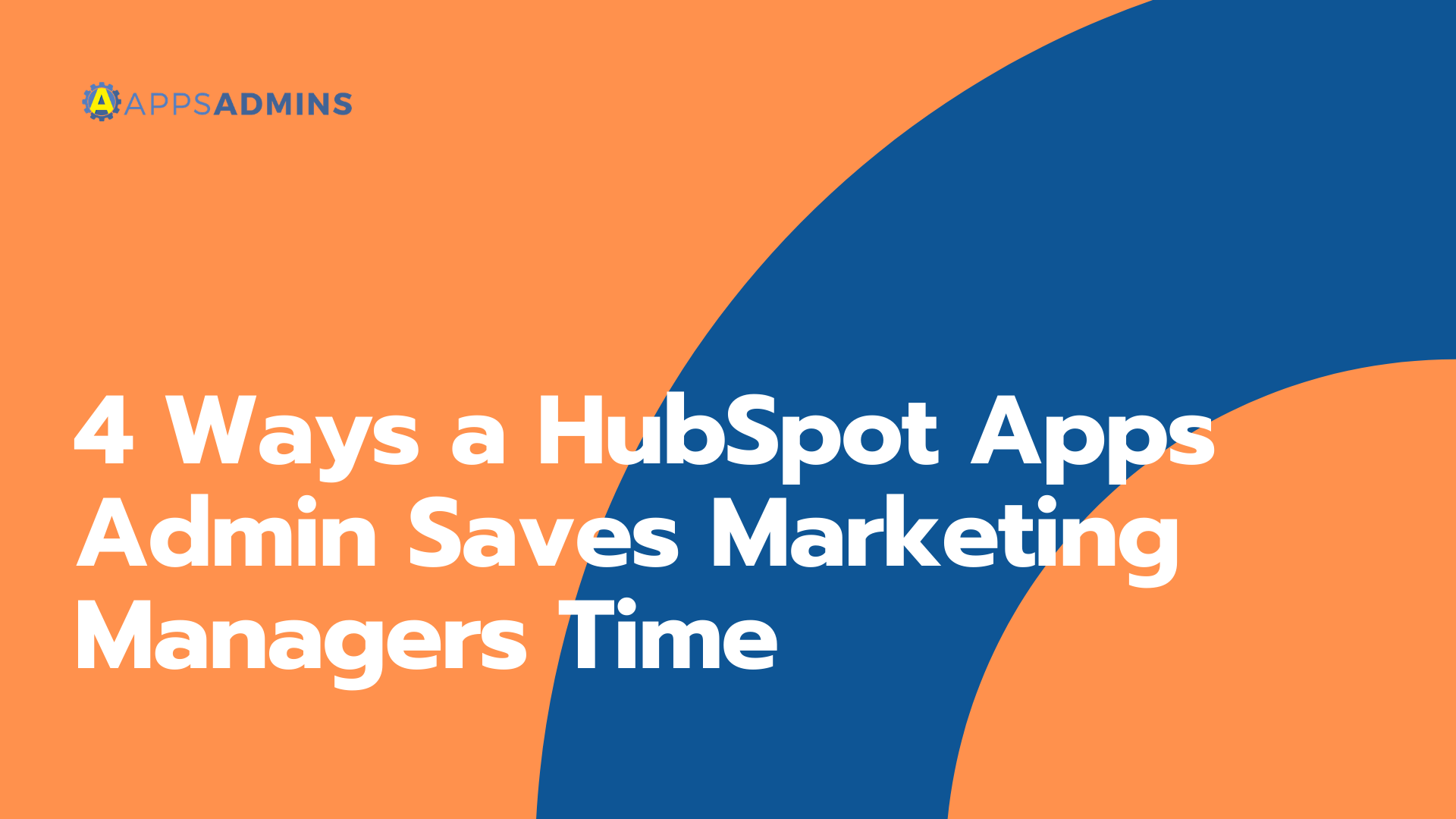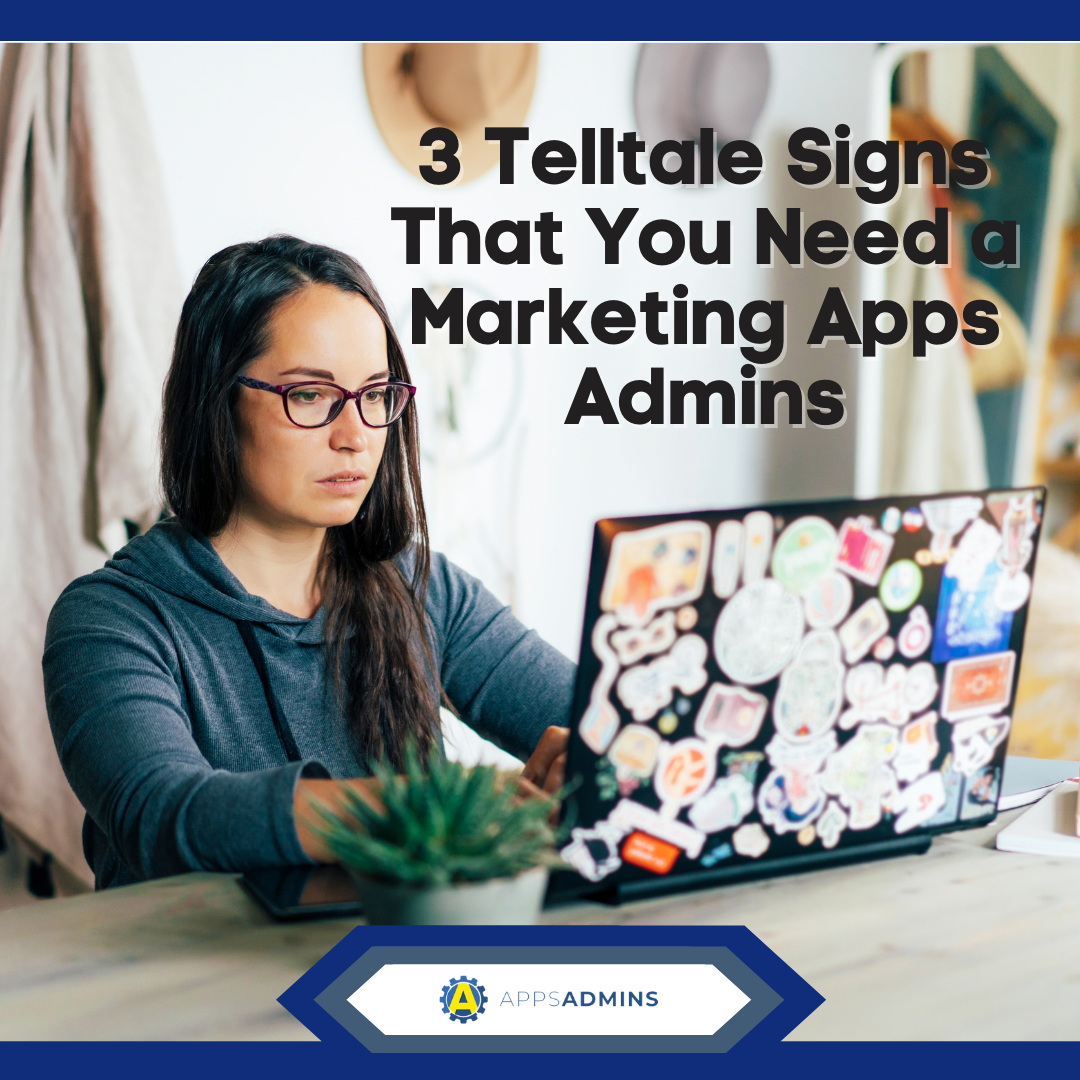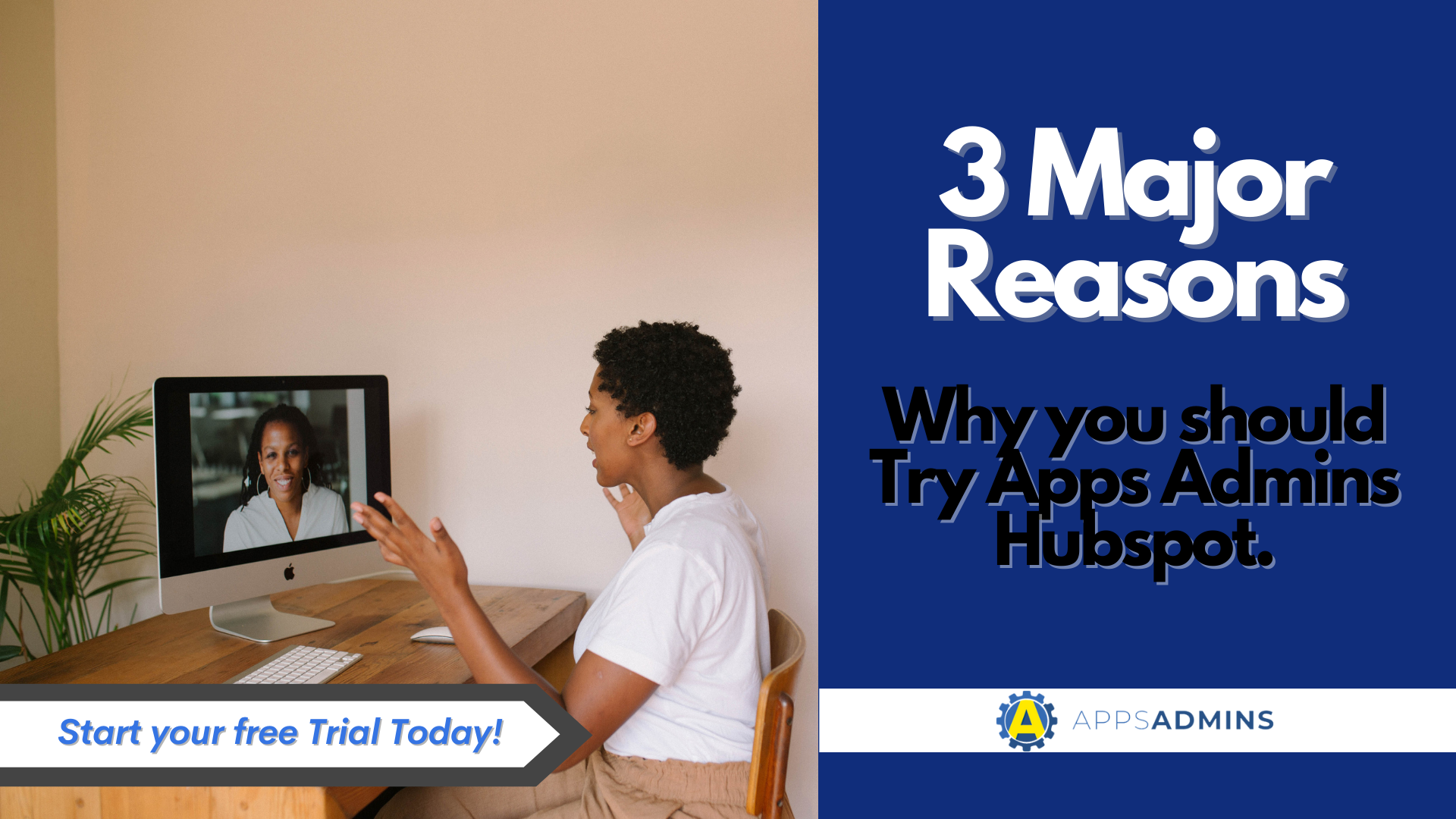G Suite Business Free for 30 Days
Sign up for a Free 30 Day Trial of G Suite Business and get Free Admin support from Google Certified Deployment Specialists. No Credit Card Required.


It's safe to say that Google has a strong relationship with the AI industry. Over the years, Google has proven that it's not just a search engine anymore; it's a company committed to making the world a more intelligent place.
In 2018, the Google community even launched a new social impact challenge, which asked organizations around the world to submit ideas on how Google AI could help to address societal challenges. Applications came in from more than 119 countries across the globe.
For the last few years, many of the Cloud Next events delivered by Google have concentrated on what the company can do to make AI and machine learning more accessible to everyone. Whether you're a developer, or someone getting into data science and ML for the first time, Google has something to help everyone.
To help you explore the full depth of Google's AI portfolio, we've put together this laundry list of updates to the Google AI environment for 2019.
Here are some of the most exciting changes you need to know about.
Google Cloud AI Updates
Some of the simplest changes to happen to Google's AI portfolio this year came into the Google Cloud Platform environment. If you're a GCP admin, then you're sure to benefit from at least one of these tools. For instance, the Document Understanding AI offers access to simpler and faster digital paperwork processing. You can use the Document Understanding AI to classify information, extract details from scanned images, and apply custom analysis strategies to your processing campaign.
Google also followed up its announcement of Contact Center AI for Google Next 18 with a new beta version of the service with integrations through Cisco, Genesys, Five9, Mitel, Twilio, and Vonage.
For businesses in the customer service space, the Recommendations and Visual Product Search AI functions are probably two of the most intriguing new developments. The Recommendations AI supports companies in delivering product recommendations to customers at scale as a fully-managed service. The visual product search solution helps to match customer-generated images with images from a company's product catalog.
What's New in the Data Science Platform?
Data science is the lifeblood of an artificial intelligence or machine learning strategy. If you're building your own intelligent solutions, then you'll need a Google service that helps you to transform data into meaningful insights. At Google Cloud Next 2019, Google introduced the new AI Platform, with a range of features intended to help companies train their own Machine Learning models.
The AI Platform comes with access to things like the AI Platform Notebook, where you can test out hyperparameter configurations and models in a shared and interactive environment. There's also the Cloud AI Data labelling service to help classify uploaded data for training model purposes, and a Hybrid SDK to help users move ML code from on-premise environments to Kubeflow.
Google is also providing AI Platform online prediction, which helps companies to pre-process data according to their individual needs, and an AI Hub, where team members can test out APIs, third-party models, and Google models.
Google introduced Kubeflow 0.5 at Cloud Next too, which supports the orchestration of machine learning pipelines via cloud-based on on-prem resources.
Changes to Cloud AutoML
If you're a Cloud AutoML user with Google, then there are plenty of new updates to get excited about here too. For instance, custom entity extraction and sentiment analysis are now available in beta mode. These AutoML additions help you to isolate specific fields within your data to train sentiment analysis models. There's also access to Auto ML Tables in meta, which allows companies to train their ML models without excessive coding. You can simply transform your structured data into predictive insights then model solutions from BigQuery, or Cloud Storage.
AutoML vision object detection is available in Beta mode, which detects multiple image objects and there's also AutoML vision edge for companies who need to run classifier models with Edge devices. AutoML video edge supports numerous edge devices in which low latency is essential.
In AutoML video, companies that need video classification models with custom labeling capabilities beyond what's available in their video intelligence API will be able to train models from their own custom tags and footage.
Pre-Trained Machine Learning APIs
As mentioned above, a lot of the work that Google is putting into its machine learning and artificial intelligence solutions today is designed to make AI available to anyone. There are plenty of APIs (Application Programming Interfaces) that modern companies can use to build AI into their existing processes and applications with minimal coding.
During Cloud Next 2019, Google announced numerous updates to its APIs, starting with the Cloud Vision solution. The Vision API is now able to operate on batches of images using batch prediction and document text detection. There's also been an upgrade to the Cloud Natural Language Processing API. This service now includes Japanese and Russian language support and entity-extraction for invoices and receipts.
The third iteration of the Cloud Translation API from Google, currently in beta mode, is now available with a variety of new features to deliver on new enterprise translation needs. The model selection mode allows companies to choose the model that suits their translation needs more accurately. Google Cloud also supports multiple files and large content requests. There's even a glossary to provide customers with more control over their AI terminology.
The Video Intelligence API also got an upgrade recently, allowing content creators to search for tagged aspects in video footage. This API comes with support for optical character recognition, streaming video annotation capabilities, and more.
Updates to BigQuery ML
BigQuery is Google's highly-scalable and serverless data warehousing solution. To support their quest to make data analysts more efficient and productive in 2019, Google released various updates to the ML solutions available through BigQuery. For instance, you can now access BigQuery Insights as a generally available solutions. There's even the option to design new model types with SQL coding.
BigQuery is also available with K-Means clustering, which helps users to create clustered groups of data points based on specific attributes specified by business leaders. Additionally, Google introduced the option to import Tensorflow models into BigQuery for companies that want to create more predictive ML solutions.
Building on the integration with Tensorflow, Google also offers the DNN classifier. The Deep neural networks service allows companies to classify information based on various signals and features according to their preferences. Users can deploy and train DNN models based on their specific needs, using data straight from the BigQuery SQL interface.
There's also access to the Tensorflow DNN regressor available for organizations who prefer regression to classification. It's possible to design regressions in Tensorflow, then use the system to analyze the data in BigQuery.
Google Compute Infrastructure and Dialogflow Updates
Finally, to round off the list of enhancements to the Artificial Intelligence and machine learning options from Google this year, Google introduced some updates to it's Cloud Compute and Dialogflow services. The Cloud TPU version 3 processing units are now available in countries around the world. These resources are generally available for businesses who need some of the fastest training times available for their machine learning models.
Additionally, Google also offers the NVIDIA Tesla T4 GPU solution for the Compute Engine too. This GPU is specifically designed to support runtime inference, and also enables low-cost training for machine learning services.
Sentiment analysis, one of the most highly sought-after AI features on the market today, is now also generally available from Google for Dialogflow Enterprise Edition. The Sentiment analysis features from Google are seamlessly integrated into your Dialogflow experience, which will allow you to model chat conversations and responses to suit your needs. What's more, Text-to-Speech is generally available for Enterprise users too.
Upgrading AI with Google
Clearly, there has been a huge number of updates to the Google Artificial Intelligence and Machine learning portfolio this year. It's not much of a surprise when you consider how dedicated Google has been to growing their presence in the AI environment over the last couple of years. In Cloud Next 2018, Google announced that it would be working harder to bring AI to the masses. Now we're in 2019; we're seeing even more of this evolution across the Google Cloud portfolio.
The Google team is constantly working on making changes to their APIs that deliver better experiences to developers and launching new solutions that meet a growing range of industry and business needs. The variety of changes made this year are intended to help companies of all shapes and sizes to unlock the power of AI and machine learning.
To learn more about the Google Cloud Platform, getting started with AI through Google, or anything else to do with the GCP or G-Suite, contact Coolhead Tech today!
.jpg?width=818&name=appsadmins-svg-rules-1%20(2).jpg)







